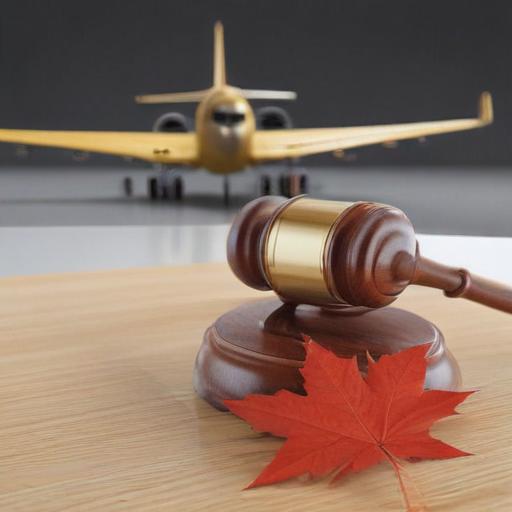Canada’s government has stepped in to end the Air Canada flight attendants strike by ordering the two sides back to the bargaining table under binding arbitration. Employment Minister Patty Hajdu invoked Section 107 of the Canada Labour Code to compel talks, saying it is essential to preserve stability and supply chains as the disruption reverberates through air travel.
Impact on travel and operations
The dispute has led to widespread disruption, with Air Canada warning the stoppage would affect roughly 500 flights daily and disrupt travel plans for about 130,000 passengers each day. By Friday night, the carrier reported 623 canceled flights that affected more than 100,000 travelers as it began winding down operations ahead of the strike. Air Canada Jazz, PAL Airlines and Air Canada Express flights were not affected, while operations tied to Air Canada Rouge were suspended as the airline pulled back across the fleet. Travelers faced cancellations and delays at major hubs as crews and equipment were redeployed or grounded.
The strike began in the early hours of Saturday, with flight attendants represented by the Canadian Union of Public Employees (Cupe) walking off the job after months of negotiations. Cupe represents more than 10,000 Air Canada flight attendants, who have been pressing for higher pay and compensation for time spent on the ground between flights.
Air Canada’s position and the arbitration push
Air Canada has said it offered a total compensation increase of 38% over four years, including a 25% raise in the first year. Cupe dismissed the offer as insufficient, arguing it is below inflation, below market value and below what is needed to account for hours spent on the ground—for example when boarding and waiting for flights. The union has maintained it has bargained in good faith for more than eight months, while accusing Air Canada of seeking government intervention to bypass negotiations.
The government’s move to binding arbitration came after the parties reportedly failed to bridge the gaps despite government support. Hajdu emphasized that while the government aims to support workers and the airline, the intervention is designed to preserve economic continuity and minimize ongoing travel disruption.
Responses from Cupe and broader implications
Cupe representatives condemned the intervention as a reduction of workers’ rights, claiming the move sets a worrying precedent and infringes on charter rights. The union had previously approved the strike with a near-unanimous vote—99.7% of CUPE members represented by the union—to press for better terms. Cupe argued that Air Canada had not negotiated in good faith and instead sought a swift government-directed fix.
The arbitration mechanism is meant to deliver a binding decision on terms of employment and related working conditions. Once an arbitrator issues an award, both sides would be required to implement it, potentially ending the disruption and allowing operations to ramp back up.
What happens next
– An arbitrator will hear arguments from Air Canada and Cupe and issue a binding decision on compensation, work hours, and related terms.
– Air Canada’s operations will continue to be adjusted as the airline works to restore full service, including any contingency plans for peak travel periods.
– Travelers should monitor airline updates and be prepared for continued schedule changes as the arbitration process unfolds and ramp-up begins.
Commentary and broader context
– This episode highlights how governments can intervene in critical labour disputes to protect travel networks and economic activity, especially when mass cancellations affect travelers and cargo alike.
– The case underscores the tension between workers seeking fair pay for time spent in the course of duty and employers balancing costs with service continuity and customer commitments.
– The outcome could set a precedent for how future disputes in essential services are handled, particularly when Staged arbitration is invoked to avoid prolonged disruption.
A hopeful takeaway
The government’s move to binding arbitration preserves the possibility of a timely resolution, reducing the likelihood of a prolonged shutdown and helping travellers, airlines, and related industries regain stability. While the process may be contentious, a negotiated or mediated settlement could emerge from the arbitration that addresses both fair compensation for flight attendants and the airline’s operational needs.
Summary
Canada has invoked binding arbitration to end the Air Canada flight attendants’ strike after negotiations stalled, aiming to protect travel and supply chains as hundreds of flights were canceled or disrupted. The dispute centers on compensation and working conditions, with Air Canada offering a substantial pay increase that Cupe contends is insufficient. The arbitration process will determine the terms of any settlement, with the goal of quickly restoring normal service while addressing the concerns of both sides.
